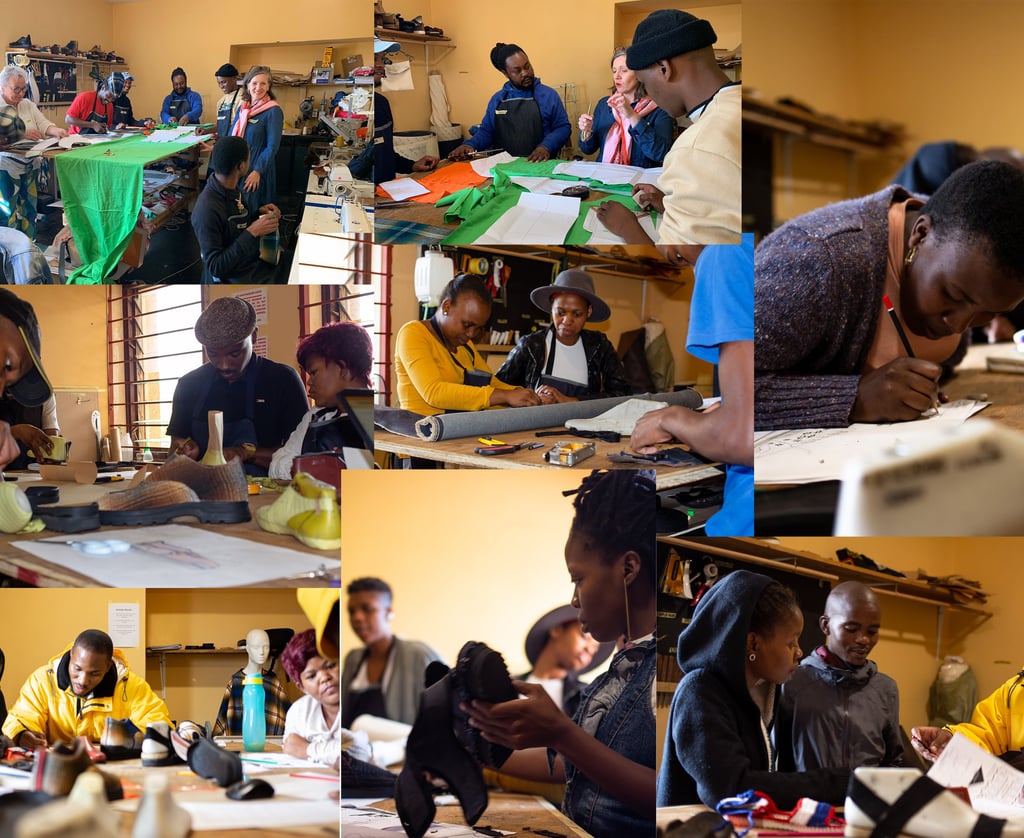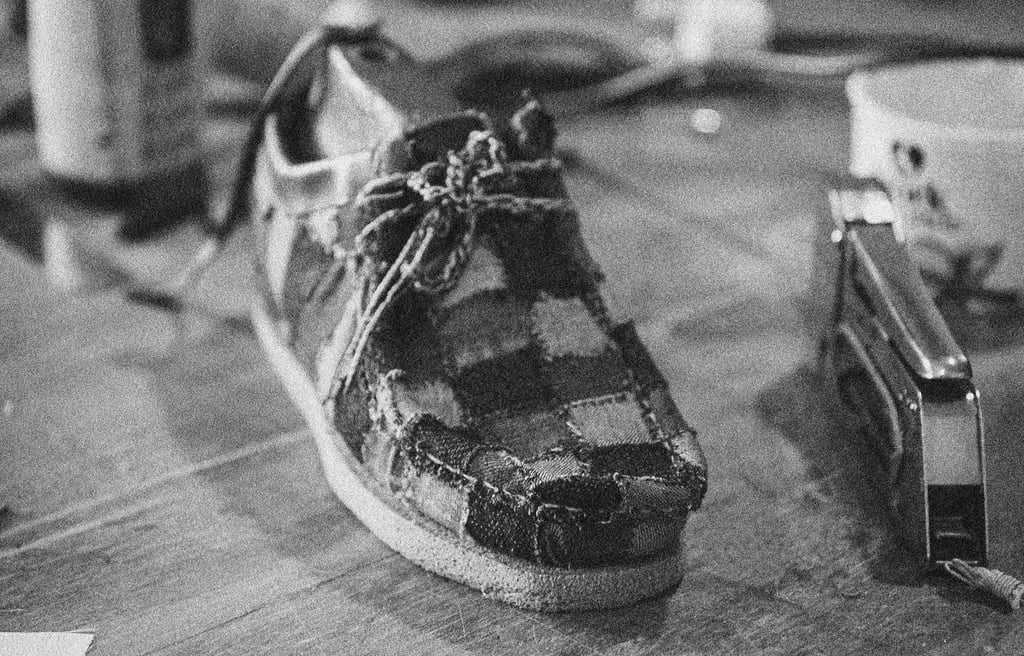Reviving Practical Education: Empowering South African Youth to Bridge the Skills Gap and Tackle Unemployment
In this powerful reflection, Sicelo Siyabonga Mabuza, unpacks South Africa’s ongoing unemployment crisis through a deeply personal lens. From hearing daily headlines about joblessness to confronting the gaps in our current education system, he explores how the lack of hands-on, artisanal training continues to undermine true economic progress. Drawing from his own journey from graduate to entrepreneur, Sicelo questions why more young people aren’t being empowered with practical, income-generating skills, like footwear manufacturing, instead of just degrees. He makes a passionate case for reviving skills-based institutions, rethinking education, and spotlighting how HGS is already taking action through free, industry-backed training programs. If you've ever wondered what it really takes to turn ideas into impact, this blog post is your blueprint.
Sicelo Siybabonga Mabuza
8/8/20252 min read


On my way to work every day, I hear the same news on the radio. ‘The unemployment crisis in South Africa is surging… IMF is prompting South Africans to look into job creation… The government is partnering with businesses investing billions to battle the job crisis in SA…’ And of all the news, I kept on questioning the amount of skillset in our country. I mean the number of graduates has proven to be way much better than in the yesteryears, however, something went wrong. Part of it - in my opinion - is the death of artisanal higher institutions.
I mean, people learn better when practicing. I remember when I was in varsity, I kept on chasing marks and meeting the minimum requirements on paper by ensuring that I studied for the test and completed the assignment as per instructions. Nevertheless, that did no good to me. Don’t get me wrong, I graduated, twice for that matter but I kind of did that to tick the boxes. Did that do good by me? Not until I started embarking on an entrepreneurship journey.
See, I saw how the restructuring and colonial legacy of the education system in our country kills us in multiple ways or forms. Higher institutions have more than sufficient resources to empower everyone who wishes to be. However, the structuring of the curriculum is not designed to challenge students to see way beyond marks and just graduation. Imagine a school that emphasizes students to work on their portfolio from day 1. After 3 years, they have a solid portfolio with a track record. A school that does not promote graduating quickly just to be another statistic but emphasizes acumen and a strong profile with character.
In my entrepreneurial years, I realized that I missed many opportunities and overlooked many resources that might’ve prompted me to a successful career at an early age. I learned a lot from embarking on entrepreneurship than I did in class. After all the skills and knowledge acquired, I felt for most youth in our communities. I wish they could’ve seen this life in my eyes and they probably would’ve balanced the number of job seekers and job creators. I wished ‘Fees Must Fall’ advocates wouldn’t have left out the education system during their protests. I wished I could see more uncomfortable citizens on social media about this cause - come on now - the power of social media lately is beyond our imaginations.
In closing, footwear is one of the practical skills in a fast-growing industry in South Africa. Now, did you know that about 73% of all the shoes consumed every day are imported? Ask me what that means in about a R54 billion industry. It means there’s an opportunity for South African youth. This means that when trained in well-resourced institutions with experienced personnel, we can create a resourceful country. All the billions invested by the government can actually make an impact. It starts with simple businesses such as ours, that have acquired the experience over the years and have piloted a feasible training program sponsored for youth to be trained with proper resources and not to pay even a cent to acquire such an expensive skill. It starts with leaders who recognize such organizations with solid data and track records. I mean, if a first-time rollout can acquire about 1300 applicants, what does that tell you? Yes, that is what we received on our pilot of the program. So, all I say is, that I imagine a feasible collaboration that will take a single idea of a young African man to greater heights for the greater good.


